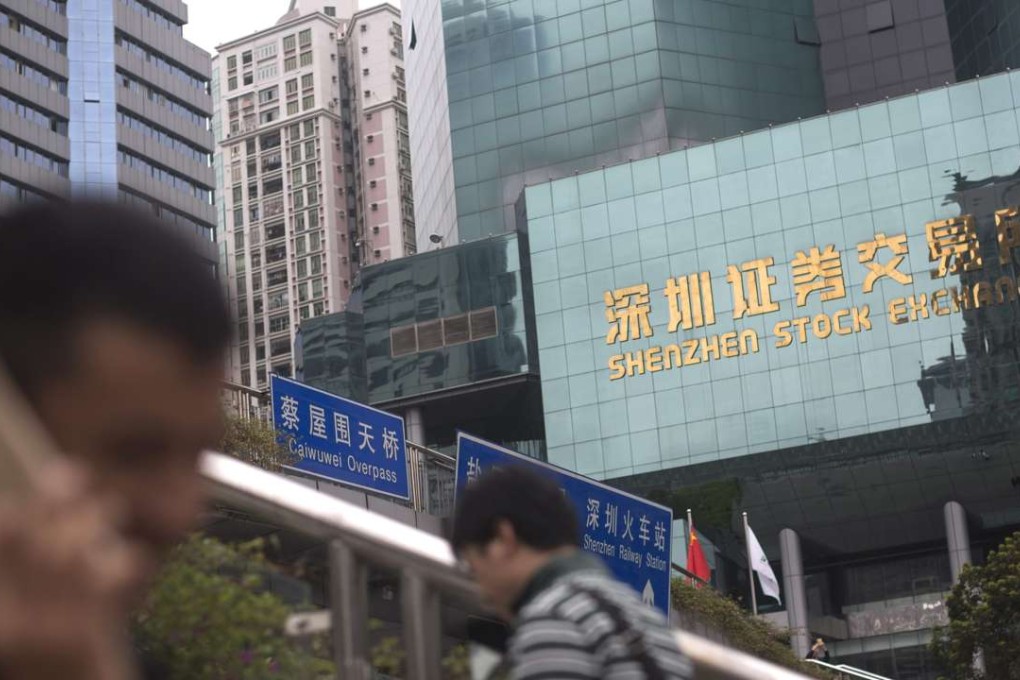Shenzhen-Hong Kong Stock Connect likely to offer investors greater diversity
Scheme, expected to be launched within this year, could draw more hi-tech companies from the southern Chinese city to raise capital from Hong Kong

The long-anticipated Shenzhen-Hong Kong Stock Connect is likely to differentiate itself from the Shanghai-Hong Kong Stock Connect by drawing more hi-tech companies from the southern mainland city to raise capital from Hong Kong, according to a consultant.
Ringo Choi, EY’s Asia-Pacific IPO leader, believes the scheme, which is likely to be launched within this year, will be diverse for investors. “The scheme is expected to allow investors to trade on both bourses under a quota system,” he says.
“The Shenzhen bourse has far more technology companies and start-ups than Shanghai, which is dominated by large state-owned enterprises. The link will attract more investors and provide more choices for them. Furthermore, the upcoming Shenzhen-Hong Kong Stock Connect programme could attract the mainland’s next-generation hi-tech companies to go public and raise money in Hong Kong. The scheme will also raise the competitiveness of China’s overall capital market and consolidate Hong Kong’s position as an international financial centre.”
Edward Au, co-leader of national public offering group at Deloitte China, thinks the Shenzhen-Hong Kong Stock Connect scheme will help reinforce education for investors of both markets.
“Southbound investors will have the opportunity to understand more about the essence and importance of operating a business in accordance with international standard and best practices, in particular on financial reporting, disclosure and corporate governance through the Hong Kong stocks that they purchase. This is important education on investors’ behaviour especially because the registration-based regime is poised to be introduced [in] the mainland Chinese market at some point in the next two years. Those who participate in the south link will be able to better differentiate the governance level of the companies when they decide on their trading targets in their own market.”
[T]he upcoming Shenzhen-Hong Kong Stock Connect programme could attract the mainland’s next-generation hi-tech companies to go public and raise money in Hong Kong
Meanwhile, northbound investors have been applying their risk management knowledge when making selections from sectors that they are less familiar with in the stock market over the border, Au says. “Again, to draw [a] more stable stream of international funds or investors, A-shares that fall under the scheme would eventually have to align their corporate governance and disclosure with the international practice.”
